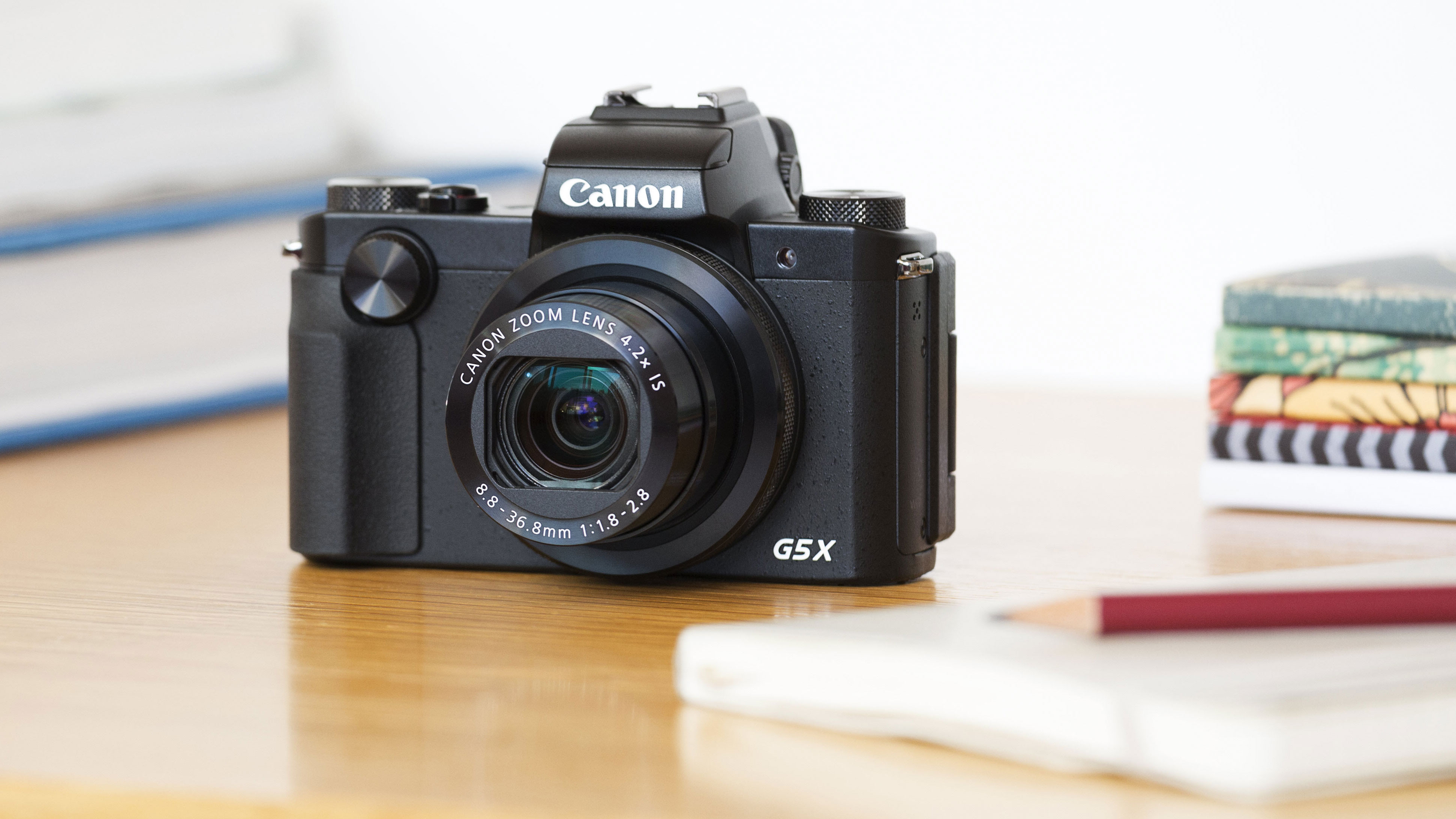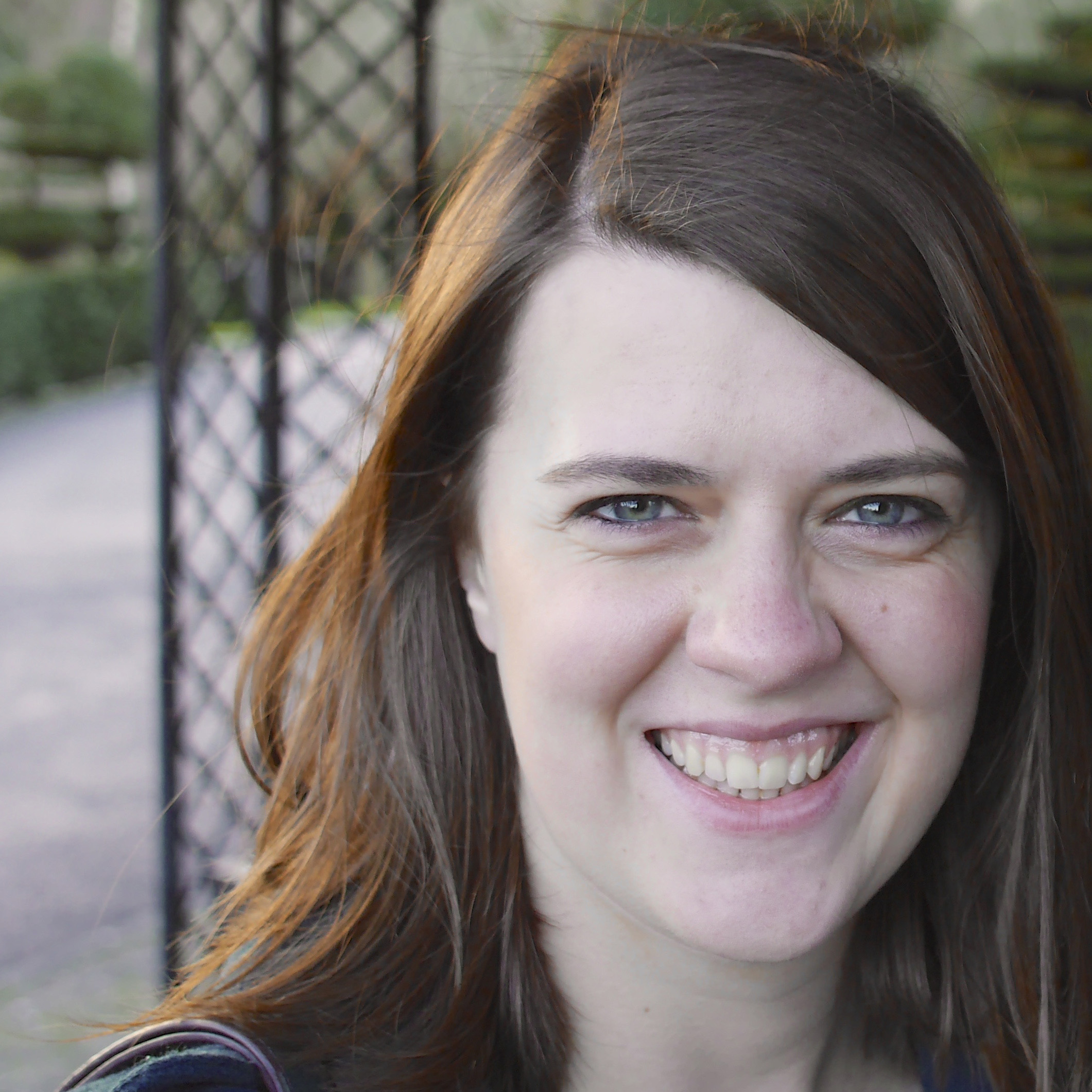Why you can trust TechRadar
Hopes for the G5X were pretty high considering that we've seen the sensor in action before in the excellent G7X. It also features the same lens and processor combination, so it was pretty much assumed that image quality would be good.
Thankfully, those expectations have been met as the G5X proves itself to be another very capable compact camera from Canon. The one-inch sensor is larger than can be found in most compact cameras (aside from Sony's RX100 series and models like the Fuji X100T with its APS-C sized sensor), and it has a fast f/1.8-2.8 lens which is great for creating shallow depth of field effects with wide apertures, and for low light shooting.
Directly from the camera, JPEG images display a lovely amount of saturation and warmth, which is again something we've pretty much come to expect from Canon. Our labs data shows that the G5X is a great performer in general, coming very close to the Sony RX100 IV and comfortably beating other cameras with smaller sensors (such as the Fuji X30 and the Panasonic TZ70).
If you zoom in at 100% it's possible to see a loss of detail in some finer subjects, even from relatively low ISO speeds, such as ISO 400, but it's certainly no worse than we'd expect from a sensor of this size and type.

This shot shows the lens's widest angle of view (24mm equivalent). Click here for a full size version.

And this photo was taken at the maximum zoom setting (100mm equivalent). Click here for a full size version.
At the time of writing it's not possible to open the G5X's raw files using Adobe Camera Raw, but you can download Canon's free Digital Photo Professional software to open and edit raw files. The JPEG images have very little chroma noise, while you can clearly see such noise in a corresponding raw format image when all noise reduction settings have been turned off. It's no more than we'd expect to see from other cameras of this type at high ISOs though, and you should find it gives you good scope for post processing, tweaking noise reduction settings as you prefer to bring back some lost detail if you need to.

The G5 X produces rich, saturated images. Click here for a full size version.

The blue of the sky is particularly strong here, though that's more a result of the camera's exposure than the color rendition. It places a strong emphasis on the active focus point, which fell here on the bright white surface of this statue. Click here for a full size version.
As we've found with other Canon cameras, the G5X's evaluative metering system does a pretty good job of helping to achieve good exposures, but it can be a little skewed if the active AF point is over something particularly dark or bright. This can usually be overcome either by dialling in some positive or negative exposure compensation, or switching to spot metering.

The G5 X has a macro mode for close-ups and in-built image stabilization helps keep details sharp. Click here for a full size version.
Coma distortion appeared in some G7X images, but this doesn't seem to be present in the Canon G5X images. Images taken at both the widest focal length of the lens and the telephoto end display a good amount of detail.
Focusing speeds are generally fast and accurate. When shooting in lower light conditions, the lens may hunt around a little longer than when shooting in bright light, but it's pretty rare for the camera to say it's focused when it hasn't. The automatic white balance system copes well with a range of different lighting conditions to produce accurate colours, including artificial lighting.
Amy has been writing about cameras, photography and associated tech since 2009. Amy was once part of the photography testing team for Future Publishing working across TechRadar, Digital Camera, PhotoPlus, N Photo and Photography Week. For her photography, she has won awards and has been exhibited. She often partakes in unusual projects - including one intense year where she used a different camera every single day. Amy is currently the Features Editor at Amateur Photographer magazine, and in her increasingly little spare time works across a number of high-profile publications including Wired, Stuff, Digital Camera World, Expert Reviews, and just a little off-tangent, PetsRadar.

